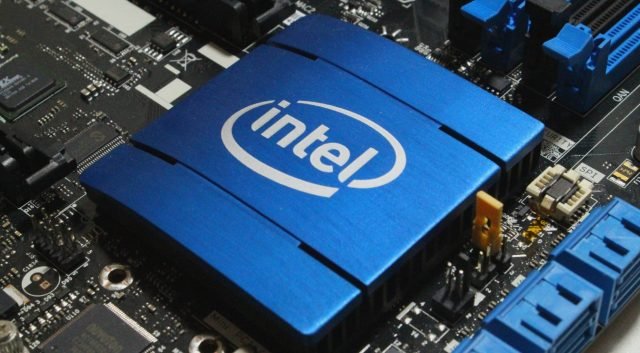Intel has unveiled new microprocessors, including a second generation Xeon processor for data centers and a 10nm chip for wireless 5G base stations.
 Demand from cloud computing companies has boosted sales of server chips, leading to strong results from Intel and its rival AMD.
Demand from cloud computing companies has boosted sales of server chips, leading to strong results from Intel and its rival AMD.
Intel’s Xeon chips have dominated the market for server chips, but AMD has been gaining ground since its re-entry into the business three years ago with rival EPYC processors that earned positive reviews, Reuters reported.
The new Xeon chips will provide better per-dollar performance than last generation, while the 10nm chip, P5900, will help it become the leading silicon provider in base stations by 2021, a year earlier than expected, Intel said.
Last month, the chipmaker said it would release nine 10nm products in 2020 and launch its 7nm product next year. AMD has already launched several chips based on the smaller 7nm architecture.
Intel struggled with delays in its 10nm chip technology, losing its lead to rivals in the race to supply to the “new data economy”, which includes 5G, autonomous vehicles and artificial intelligence.
The company planned to launch the new chips at the Mobile World Congress in Barcelona, but the world’s largest telecom event was called off due to rising fears over the coronavirus outbreak.
“As the industry makes the transition to 5G, we continue to see network infrastructure as the most significant opportunity, representing a $25 billion silicon opportunity by 2023,” said Navin Shenoy, executive vice president and general manager, Data Platforms Group at Intel.
Intel has announced collaborations with Altiostar, Dell, Deutsche Telecom, HPE, Lenovo, QCT, Rakuten, VMware, and ZTE, to advance network infrastructure capability and speed edge solutions in the market.
The new Intel Atom P5900 is a 10nm system-on-a-chip (SoC) for wireless base stations, which is a critical early deployment target for 5G networks.
Intel Atom P5900 is designed to meet critical 5G network needs, including high bandwidth and low latency to deliver what’s required for 5G base stations. The expected size of the wireless base stations market is 6 million through 2024.
The new 2nd Gen Intel Xeon Scalable processors launched deliver an average of 36 percent more performance and an average of 42 percent more performance per dollar than the prior generation Intel Xeon Gold and increased value for customers across their cloud, network and edge needs.
